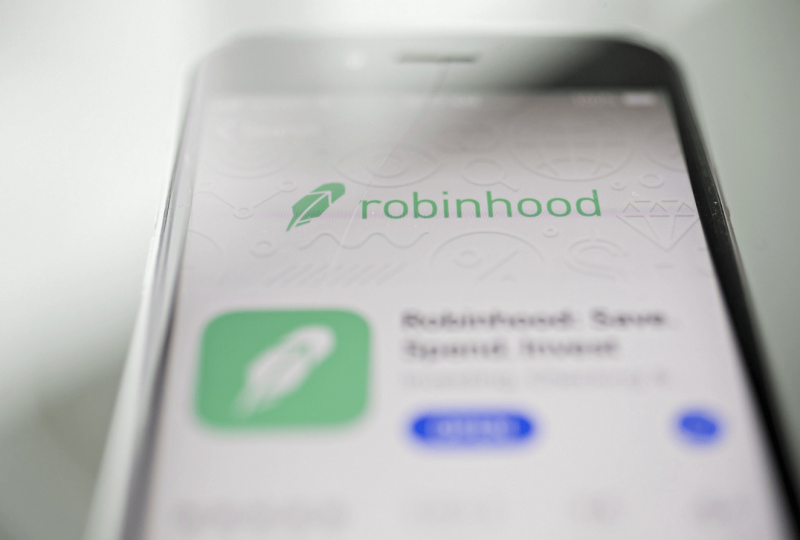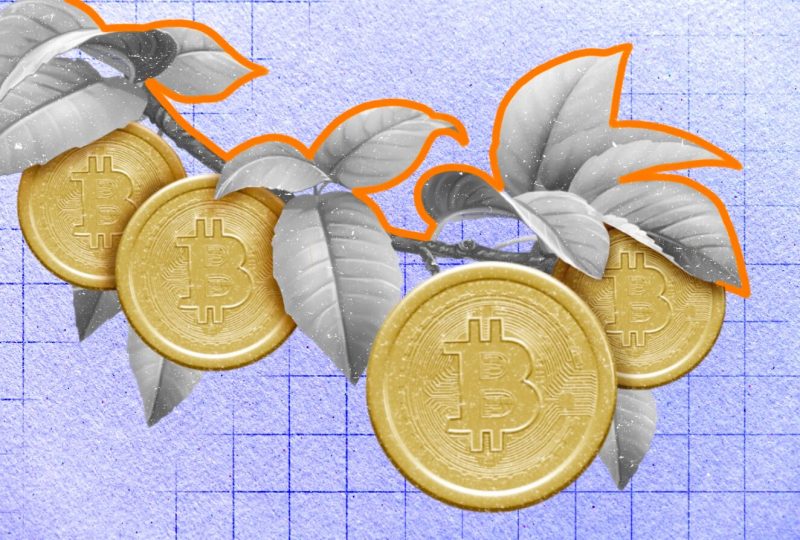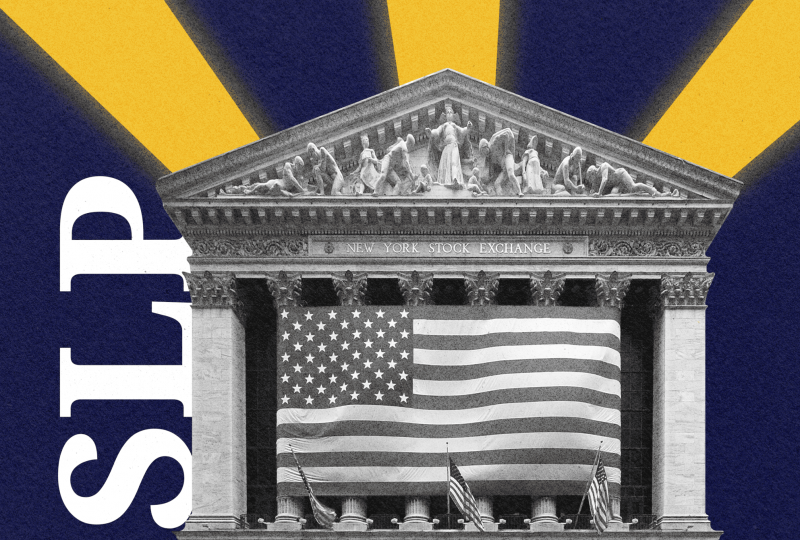Pakistan Allows Crypto Licensing For Global Exchanges
Oct 2, 2025

Pakistan has taken a big step in its approach to digital assets by formally inviting international cryptocurrency companies to apply for operating licenses under a newly created regulatory framework. The country’s decision is a significant shift from its earlier stance of caution toward digital currencies. It reflects its ambition to become a player in the global crypto economy.
The Pakistan Virtual Asset Regulatory Authority (PVARA), formed under the Virtual Assets Ordinance of July 2025, is the first regulatory body in the country that is dedicated to virtual assets and blockchain services. The authority announced in September that it is now accepting Expressions of Interest from global exchange and virtual asset service providers (VASPs) who wish to enter the Pakistani market.
Under the new framework, only firms that are already licensed in major jurisdictions, like the US Securities and Exchange Commission (SEC), the UK Financial Conduct Authority (FCA), the EU’s VASP framework, the UAE’s Virtual Assets Regulatory Authority (VARA), or Singapore’s Monetary Authority (MAS), will be allowed to apply. This approach is designed to ensure that only well-regulated and trusted operators can operate locally. It is a decision that could make Pakistan attractive to some of the top cryptocurrency exchanges wanting to expand their operations in South Asia.
Applicants will have to provide detailed documentation. This includes:
- Proof of existing licenses
- Comprehensive company profiles
- Technology and security protocols
- Compliance history
- A business plan tailored to Pakistan
The country has made it clear that no exchange will be allowed to operate without a local license. This policy is intended to protect consumers and build investor confidence in the digital asset market.
One stand-out element of Pakistan’s crypto framework is its requirement for Sharia compliance. All licensed crypto exchanges and service providers must ensure that their offerings meet Islamic finance principles. A dedicated panel of Sharia scholars will review and approve all services to ensure they are aligned with the country’s cultural and religious standards.
This makes Pakistan one of a few countries attempting to strike a balance between modern blockchain regulation and Islamic moral and financial codes. Currently, it is a unique model in the global regulatory situation.
Bilal bin Saqib, chairman of PVARA and Pakistan’s Minister of State for Crypto and Blockchain, described the framework as a major step toward financial modernization. “We welcome the world’s leading VASPs to join us in building a transparent and inclusive digital future,” he said. His statement shows that the government’s intention is not just to regulate crypto activity but to support innovation and attract foreign investment.
The timing of this initiative comes at a time when Pakistan’s crypto sector is growing. The country now has more than 40 million active crypto users and processes over $300 million in annual trading volume. According to Chainanalysis’ 2025 Global Crypto Adoption Index, Pakistan reached third place worldwide, a leap of six places from the previous year.
This growth occurred despite crypto operating in a legal grey area for years, with Bitcoin initially banned in 2018 before the government started to loosen restrictions.
The government’s efforts go beyond regulation. Earlier in 2025, Pakistan announced plans to create a government-led Bitcoin Strategic Reserve. Officials claimed that these holdings would never be sold. The finance ministry has also allocated 2,000 megawatts of surplus energy to power Bitcoin mining operations and AI data centers. This can potentially make Pakistan one of the top five Bitcoin mining hubs in the world. It’s expected to create jobs, attract foreign capital, and turn excess energy production into economic growth.
Not everyone is supporting the country’s plan. The International Monetary Fund (IMF) has raised concerns over the decision to dedicate so much electricity to mining operations, considering Pakistan’s ongoing energy challenges and fiscal pressures.
Despite these concerns, Pakistan has taken a clear stance to establish itself as a digital finance hub. The licensing process is being conducted on a rolling basis, with no deadline for applications. PVARA includes representatives from the central bank, securities commission, and federal revenue board, with strong government backing.




